Draft Federal Shipping Inquiry Submission
The benefits that nations accrue by virtue of having a strong shipping industry include:
- the creation of skills and knowhow
- control of strategic assets and ability to call upon them for national support
- a degree of supply chain security, and
- economic diversity and returns to the nation generated from the sector
For these reasons, MIAL’s overarching position concerning shipping policy in Australia is that we ought to have a sustainable, viable shipping industry. This shipping activity can occur anywhere – coastal, offshore and international. The shipping activity should encompass anything – freight, tourism, passenger movement, port and harbour services, offshore oil and gas, construction, scientific/research, essential services, government services.
The potential breadth of Australia’s ‘shipping industry’ would be the envy of any nation in the world such is the diversity of the maritime task that naturally exists in our region.
We say ‘would be the envy’ because Australia has thus far failed to capitalise on the natural advantages that our shipping industry presents to offer economic strength and diversity via the provision of a strong shipping industry to the world.
Much of the commentary regarding shipping policy in Australia focuses on the domestic freight component, however shipping policies from leading maritime nations internationally, such as Norway, Denmark, United Kingdom, Ireland, Singapore to name but a few do not draw a distinction between what the ship is doing – rather the focus is encouraging a shipping industry in its own right to deliver the economic multiplier effects that are universally cherished by maritime nations (often known as their maritime clusters); and the maritime skills development so many nations need.
MIAL is an advocate for a fiscal and regulatory regime that makes it attractive for shipping and maritime businesses to exist in Australia and affords those Australian businesses every opportunity to compete for work and participate in maritime activity worldwide.
A report prepared by PwC shows that in Australia in 2012-13 the total (including the direct and induced impacts) contribution of the shipping industry was $21 billion in GDP; 45,000 jobs and $1.3 billion in tax revenue.
The report went on to identify, that with positive shipping policies those figures rise to $25 billion in GDP; 54,000 jobs; and $2.1 billion in tax revenue.
The impact of the economic cluster that develops around a robust shipping industry cannot be underestimated. Economic diversity is provided not only via direct shipping activities but also through the vast array of technical disciplines and service industries that provide necessary ancillary support. This is the economic multiplier.
This submission discusses the rationale for Australia developing and sustaining a maritime industry and provides recommendations regarding actions that must be taken for the nation’s maritime potential to be realised.

